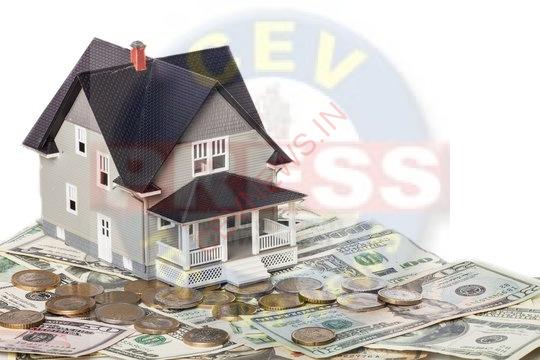MEANING OF LESSOR VS LESSEE-ALL YOU NEED TO KNOW
Lessor and Lessee are two parties to a lease agreement. An agreement or a contract by which the owner (lessor) of a specified asset grants permission to another party (lessee) to use the asset for a specific period of time and with defined terms and conditions in return for periodic rentals is termed a lease.
Meaning of Lease
An agreement or a contract by which the owner of a specified asset grants permission to another party to use the asset for a specific period of time and with defined terms and conditions in return for periodic rentals is termed a lease. The specified asset can be land, building, machinery, or equipment. The lessee pays rentals in the form of lease payments either at periodic intervals or a one-time payment to the lessor.
The two parties that are involved in the agreement are the lessor and the lessee. A lessor is a person or a party who owns the asset under the lease agreement. The lessor holds legal rights over an asset. On the other hand, a lessee is a person or a party who takes the asset on lease from the lessor (owner of the asset). The lessee is often termed a tenant. The lessee is required to oblige to the terms and conditions mentioned in the lease agreement. If the lessee violates any terms of the agreement, the lease agreement is considered void.
Meaning of Lessor:
This is the party who receives a certain amount of money to donate a property for a period of time. He or she is the owner. In this case, ownership is what makes the difference in the definition of lessor and lessee. A very good example o help understand how to define lessor and lessee is the owner of real estate property. Whoever wishes to stay in his or her house must pay a certain amount of money as rent to the landlord.
The lessor is the legal owner of the asset or property, and he gives the lessee the right to use or occupy the asset or property for a specific period. During the contract, the lessor retains the right of ownership of the property and is entitled to receive periodic payments from the lessee based on their initial agreement. He must also be compensated for any losses incurred during the contract due to damage or misuse of the asset in question. If the asset is sold, the lessor must authorize such a transaction and is entitled to receive any financial gains resulting from the sale.
Although the lessor retains ownership of the asset, he enjoys reduced rights to the asset during the course of the agreement. One of these limitations is that the owner, given his limited access to the asset, may only gain entry with the permission of the lessee. He must inform the lessee of any maintenance to be done on the asset or property prior to the actual time of the visit.
However, if the lessee causes damage to the asset, or uses the asset to commit illegal activities, then the lessor reserves the right to evict the lessee or otherwise terminate the lease agreement, without notice. On the expiry of the contract period and depending on the condition of the asset, the asset or property is returned to the lessor, although the lessee may have an option to purchase the asset.
Meaning of Lessee:
To rent an office, the right thing to do is to find out who the landlord/agent is, discuss with him or her, and reach some (legal) agreement before you can access the space and use it as agreed. In this case, you are the tenant and that’s one of the differences in the definition of lessee and lessor.
A lessee is a person who pays a fee in order to use a property for a certain period of time. He or she is expected to comply with all the conditions set by the lessor in legally binding documents. These documents establish the relationships that define lessee and lessor
The lessee is the party who gets the right to use an asset for a specific period and makes periodic payments to the lessor based on their initial agreement. The length of the lease period often depends at least partially on the type of asset or property. For example, the lease of land to set up a manufacturing plant may be for a longer period than the lease of equipment or a vehicle.
For the duration of the lease period, the lessee is responsible for taking care of the asset and conducting regular maintenance as necessary. If the subject of the lease is an apartment, the lessee must not make any structural changes without the permission of the lessor. Any damages to the property must be repaired before the expiry of the contract. If the lessee fails to make needed repairs or replace any broken fixtures, the lessor has the right to charge the amount of the repairs to the lessee as per the lease agreement.

